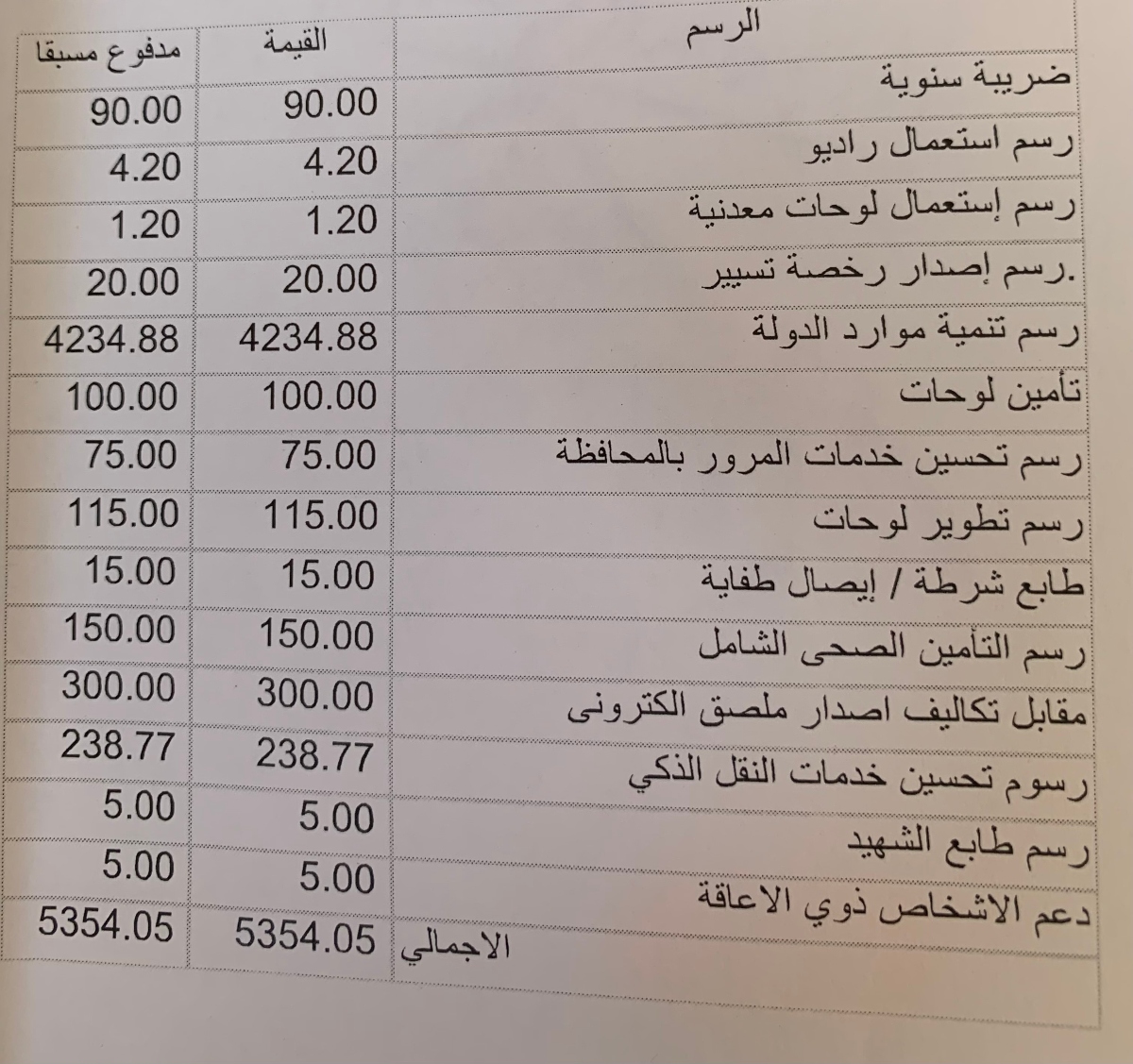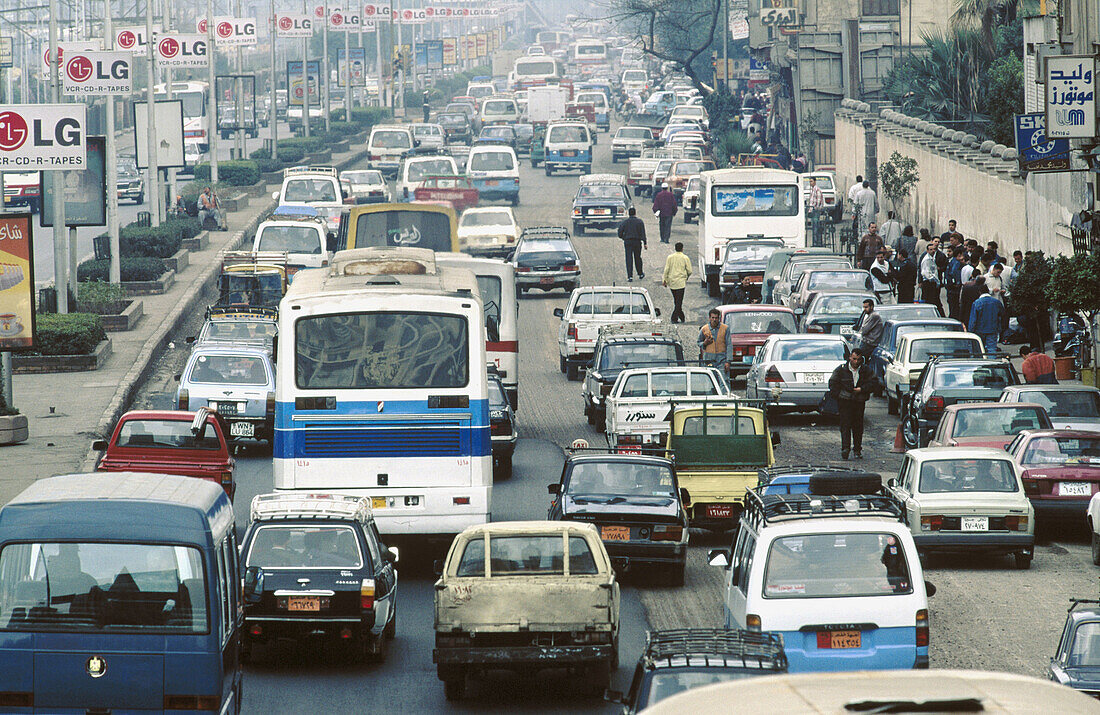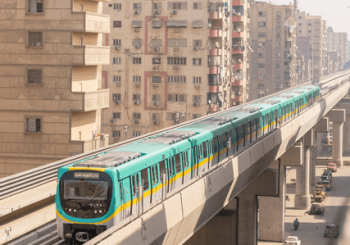As I drove my new car home from the dealership, I contemplated my next drive, the trip I’m dreading most: visiting the nearest traffic unit to get it registered for a license plate number.
An unavoidable trip dreaded by every Egyptian who has ever embarked on it.
On the morning of 2 June, my fiancé and I headed to Al Waili Traffic Unit in Cairo, the closest to my residence area, El Daher neighborhood. There was no way I could take that trip alone, knowing that women were rarely taken seriously for car-related services, and in police traffic departments.
We started early in the morning. Like all government services, the earlier you go, the more likely you’ll get things done on the same day, for simple tasks and errands tend to drag on for hours.
Upon arrival, we realized it was exactly what we expected, and maybe a little worse: no instructions, no information banners, and no way to know what you’re supposed to do except by asking around, not to mention the narrow parking space and the overcrowding.
Walking under the scorching sun, we began to ask around for help on how and where to begin. All those we asked were men because most women sat idle at a shaded waiting area, resting till their husbands finished the hours-long tasks. All the services were done outdoors, and I couldn’t help but think of older citizens who had come to do any paperwork here. If we are this lost, how are they coping?
From 9 AM to 12:30 PM, we ran around in circles trying to figure out which forms to fill, how much money to pay, and where to pay it. This was all while greasing the palms of every handyman or technician to examine the car, handing out bills of EGP 10 (USD 0.5) and EGP 20 (USD 1). Yes, even new vehicles are examined for exhaust emissions, and an examination fee has to be paid.
I knew there were many payments to be made, from car licensing, to tax on the new vehicle, to a compulsory safety tool kit. But in exchange for those payments, I was expecting decent service: clear instructions, reasons for each payment to be made, and a system to get things done without having to bribe anyone to do their job.

Dressed in bright colors and glasses, Zeinab, the employee at the registration window, made sure she gave us one instruction at the time. So each time we finished filling a form, we had to go back to her to know what the next step was. When we rightfully objected to this inefficient process and not being told the steps in one go, she said we should ask around instead of constantly bothering her every few minutes.
It wasn’t a surprise to us because this unceasing inconvenience has always been an issue in government offices. Whether to renew an expired passport or to issue a car license or even get a degree equivalency, Egyptian government paperwork is never a piece of cake.
That being said, the list of useless payments was endless: EGP 90 (USD 4.8) for annual taxes, EGP 100 (USD 5) for license plate insurance, EGP 75 (USD 4) for improving traffic services in Cairo, EGP 115 (USD 6) for improving license plates, EGP 238 (USD 12.6) for improving smart transportation services, and EGP 4,234 (USD 224) for the development of state resources. These were only some of the fees we were asked to pay.

Photo via Marina Makary
As most names suggest, these were payments to be made with no service to be received in exchange. Most of the fees included the word tahseen (improve), yet I doubt any of these services have seen any improvement in over a decade. The only difference between then and now is that the fees increased.
Government services are supposed to ease citizens’ lives, and taxes are paid to improve these services, among other reasons. In the case of registering a new vehicle, I couldn’t tick either one of these boxes.
Hearing about Egypt’s digital transformation for the past few years, one would expect a more seamless, hassle-free, and generally easier experience for customers. While the government focuses on the development of roads and infrastructure, which is undeniably a necessity, I believe development of general services that the entire population seeks from time to time is also fundamental for overall public wellbeing.
The opinions and ideas expressed in this article are the author’s and do not necessarily reflect the views of Egyptian Streets’ editorial team. To submit an opinion article, please email [email protected].
Subscribe to the Egyptian Streets’ weekly newsletter! Catch up on the latest news, arts & culture headlines, exclusive features and more stories that matter, delivered straight to your inbox by clicking here.







Comments (3)
[…] لماذا كان تسجيل سيارتي في مصر كابوسًا؟ […]
[…] لماذا كان تسجيل سيارتي في مصر كابوسًا؟ […]